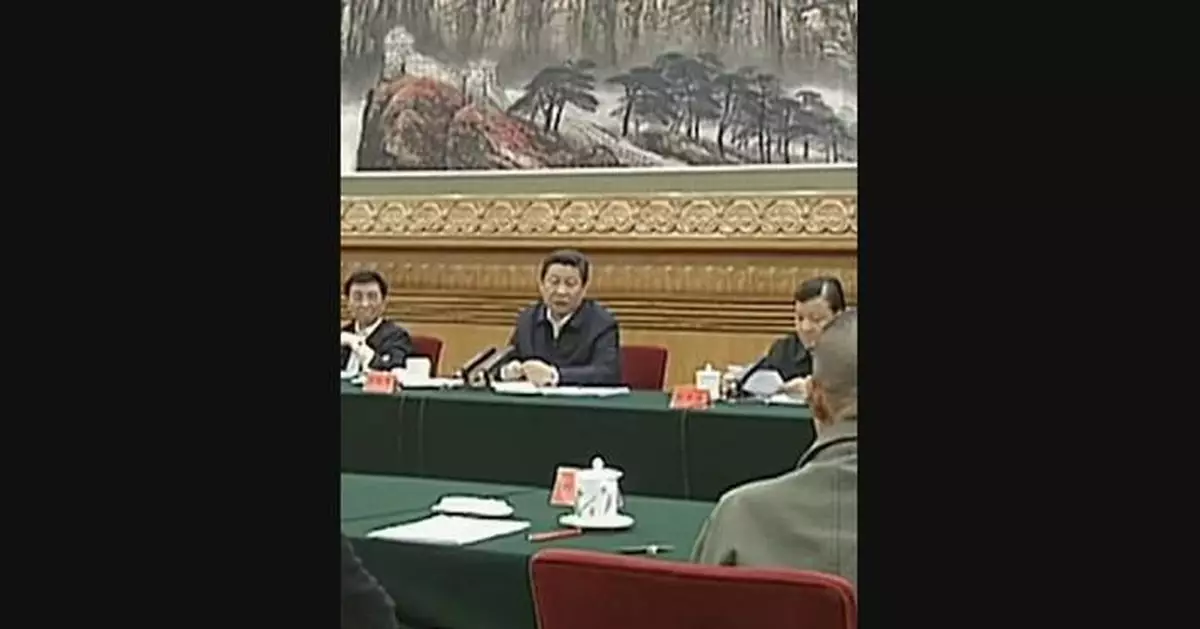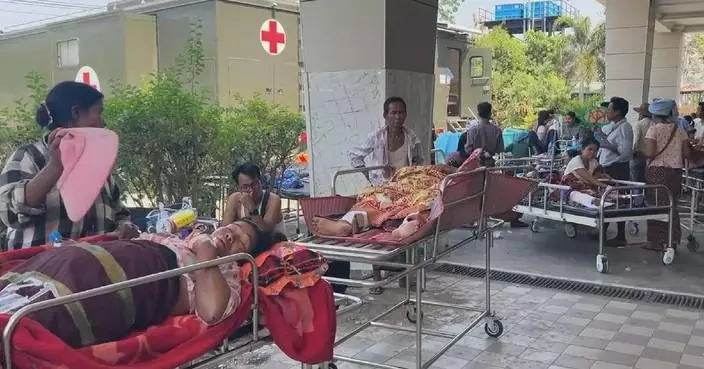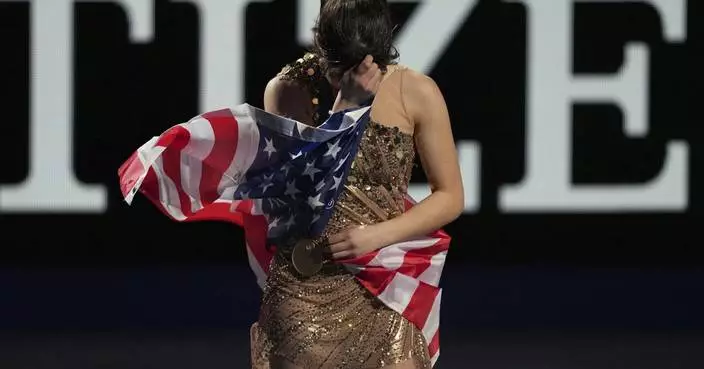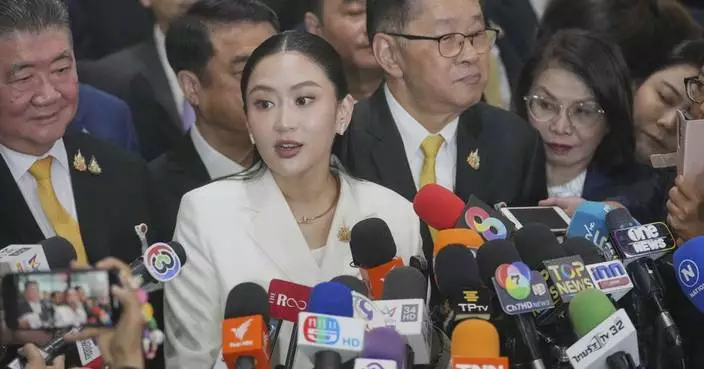Chinese President Xi Jinping has long emphasized the importance of a people-centered approach in governance and has even stressed that telling the stories of the people is key to ensuring the enduring vitality of art and literature.
Tuesday marked the 10th anniversary of a symposium on literature and art works held in Beijing, where Xi, also general secretary of the Communist Party of China (CPC) Central Committee and chairman of the Central Military Commission, addressed some of the country's most outstanding artists and writers at the time.
In a speech at the symposium, Xi called on those engaged in the arts industry to learn from those at the grassroots level and to base their work on the real lives of the people.
He said that people themselves should be put at the center of literature and artistic expressions, and that all literary and art creations should reflect the aesthetic pursuits of the people.
Among the attendees was Li Xuejian, a renowned Chinese actor who serves as vice president of the China Federation of Literary and Art Circles. Li starred in the 1990 Chinese biographical film "Jiao Yulu", which tells of the protagonist's dedication to serving the people as Party chief of the Lankao County in central China's Henan Province in the early 1960s.
Li told Xi about how touched he was by the kindness and enthusiasm shown by the local people during the filming process.
"During the shooting of the film Jiao Yulu, some of the local folks worked as extras. Even though they were all in their 70s or 80s, they would stay with us while we worked until daybreak. It was their feelings toward Jiao Yulu that enabled a real environment for our creation and filled us with confidence," he said.
Li would later go on to star in a film adaption of the story of another local Party chief Yang Shanzhou, who devoted his later years to serving the people in a remote, mountainous village in southwest China's Yunnan Province.
President Xi applauded the actor for bringing the stories of these late role models and public servants to broader audiences and for capturing their true spirit and good-naturedness.
"You did wonderful jobs portraying these two characters. What your acting reflected was the real Yang Shanzhou and Jiao Yulu, they were exactly these kinds of people," Xi told Li.
Also at the meeting, Ye Xin, a Chinese writer who has written profusely about the experience of youths who were sent to the countryside, recalled in his report that living alongside the villagers in southwest China's Guihzou Province had reshaped the way he thought about his life and work.
"When I just arrived at the village, I would look at everything about the countryside of Guizhou from the perspective of a Shanghai youth. But after spending enough time in the villages, my way of looking at things gradually shifted," Ye said.
Xi said Ye's experience was reminiscent of the seven years he spent as a youth in Shaanxi Province in the country's northwest, adding that the writer's work captured the real life stories of the people.
"Both Ye Xin and I belonged to the generation of educated youths sent down to the countryside. You were in Guizhou in the south, while I was in the Loess Plateau of Shaanxi in the north. I think writing about this reflects the real life. We had such experiences at the time and saw it personally as well. It is real," said Xi.
"There are 100 and even 1,000 approaches to literary and art creation, but the most fundamental, crucial and reliable approach is to get deeply involved with the people and into real life. People are the sources of the flowing water for the creation of art and literature," Xi said.
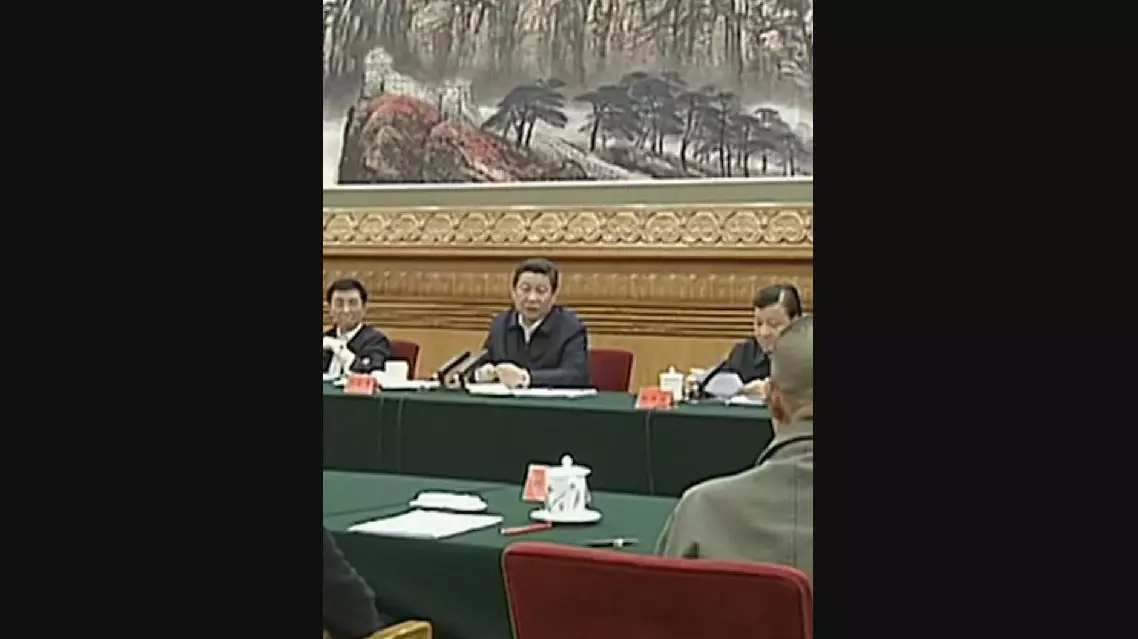
Reflections of Xi: people-centered approach key to creation of art, literature


